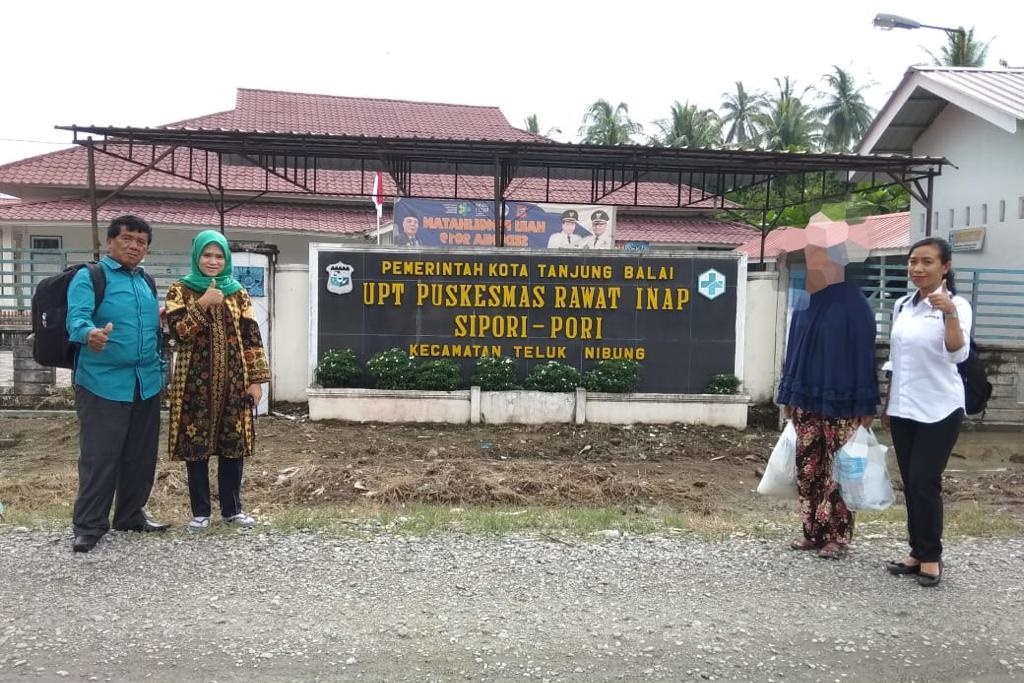MEDAN (16 November 19) - The Social Rehabilitation Center for People with Human Immunodefiency Virus (BRSDOH) "Bahagia" in Medan carried out a case response against people living with HIV/AIDS (PLWHA) with the initials SY and NK who were expelled from their homes because they experienced stigma and discrimination in the District Teluk Nibung, City of Tanjung Balai North Sumatra.
The case response was carried out starting from a report submitted by a nurse at the Sipori-pori Public Health Center, Kec. Teluk Nibung and also from the Social Welfare Institution (LKS) which is engaged in HIV, about a husband and wife infected with HIV / AIDS and evicted from their house by the community in the area where they live. The community felt suspicious and afraid of the pain suffered by SY, the husband of NK. So that finally SY and NK together with their two children had to leave their house and stay with SY's brother.
Based on the report, the Case Response Team held a meeting accompanied by the Public Health officer and SY's sister at the Sipori-pori Health Center. The initial meeting was carried out by providing education to the NK and their families about HIV, how it is transmitted and its prevention, because it turned out that based on information, SY's husband had died on Saturday (9/11/19) due to lack of knowledge and lack of openness regarding health conditions. from the spouses as well as families and communities about HIV.
In addition, the Case Response Team also intervened by contacting the South Sumatra Provincial Health Office and the Tanjung Balai City Health Office to immediately provide convenience in accessing Anti Retro Viral (ARV) which is a medicine for PLWHA to reduce the number of viruses in the body of an HIV infected person. They also do not have BPJS or JKN so that it is difficult to access treatment at the hospital. Nutritional assistance in the form of rice and milk was also provided by the case response team to meet the nutritional needs of NK.
With the intervention carried out, it is hoped that NK and other PLWHA wherever they are can rise again from their downturn, are excited about life and free from stigma and discrimination from the community. Because what should be avoided is the virus and not the person.
 Bahasa
Bahasa
 English
English


